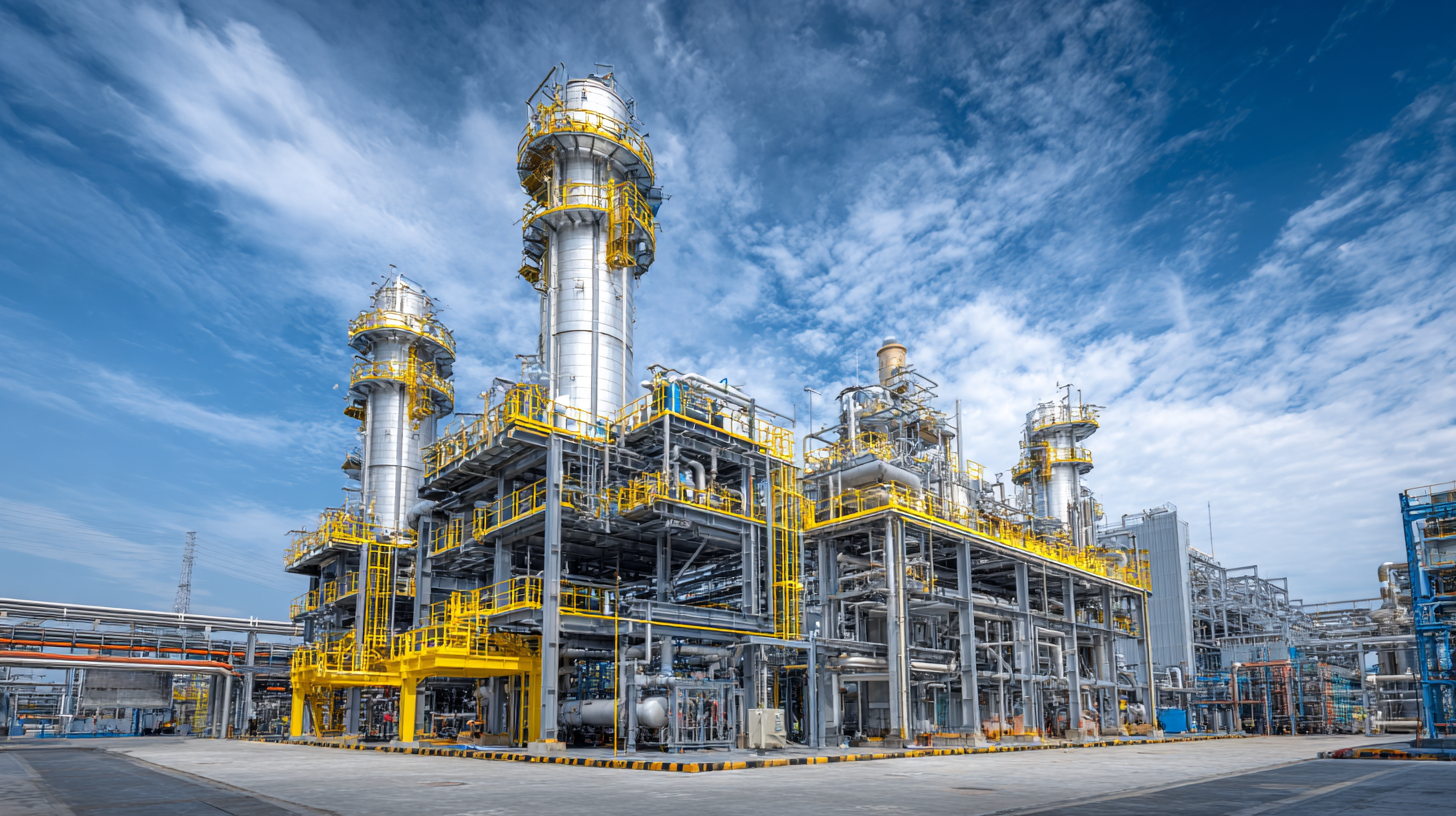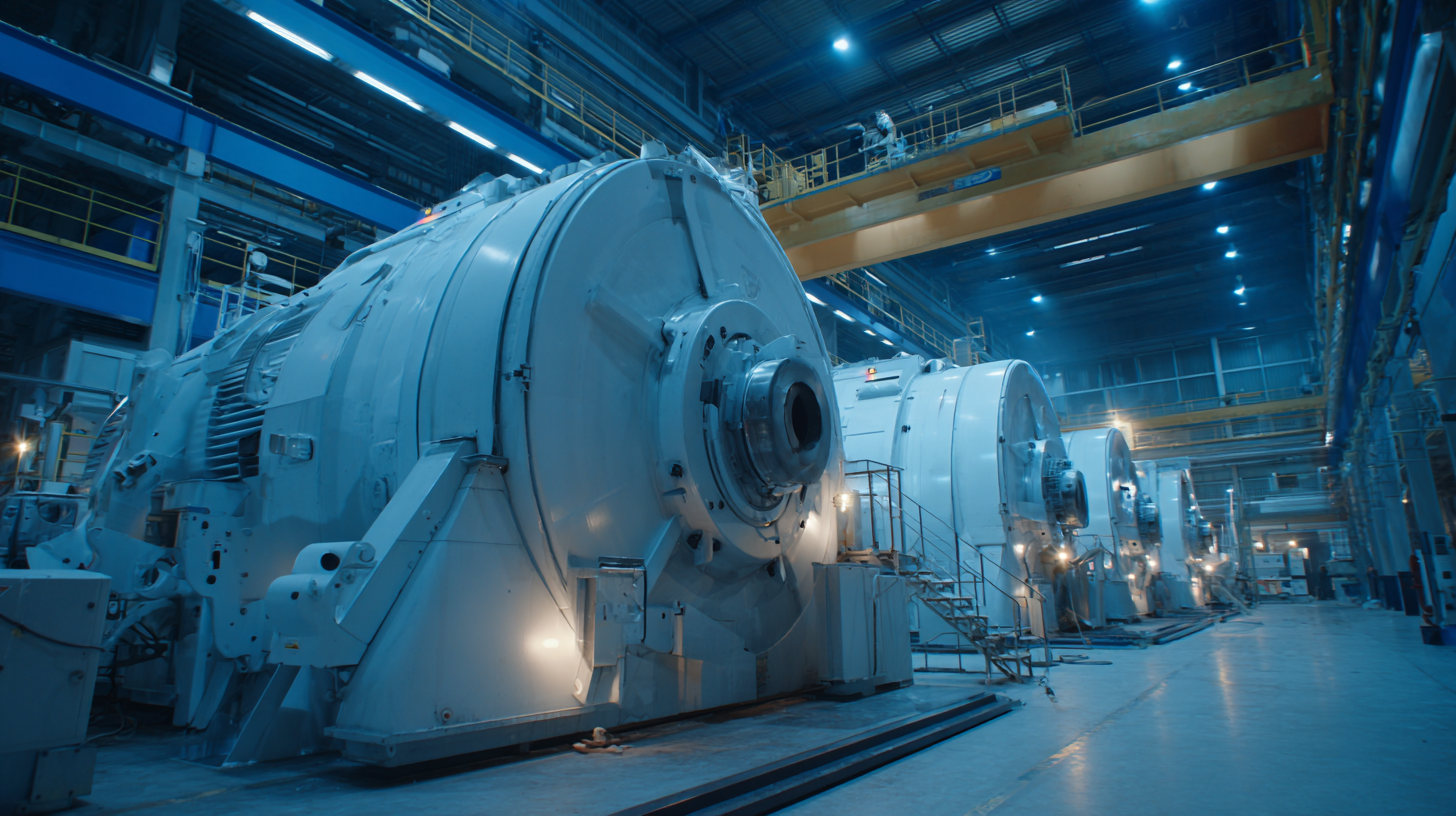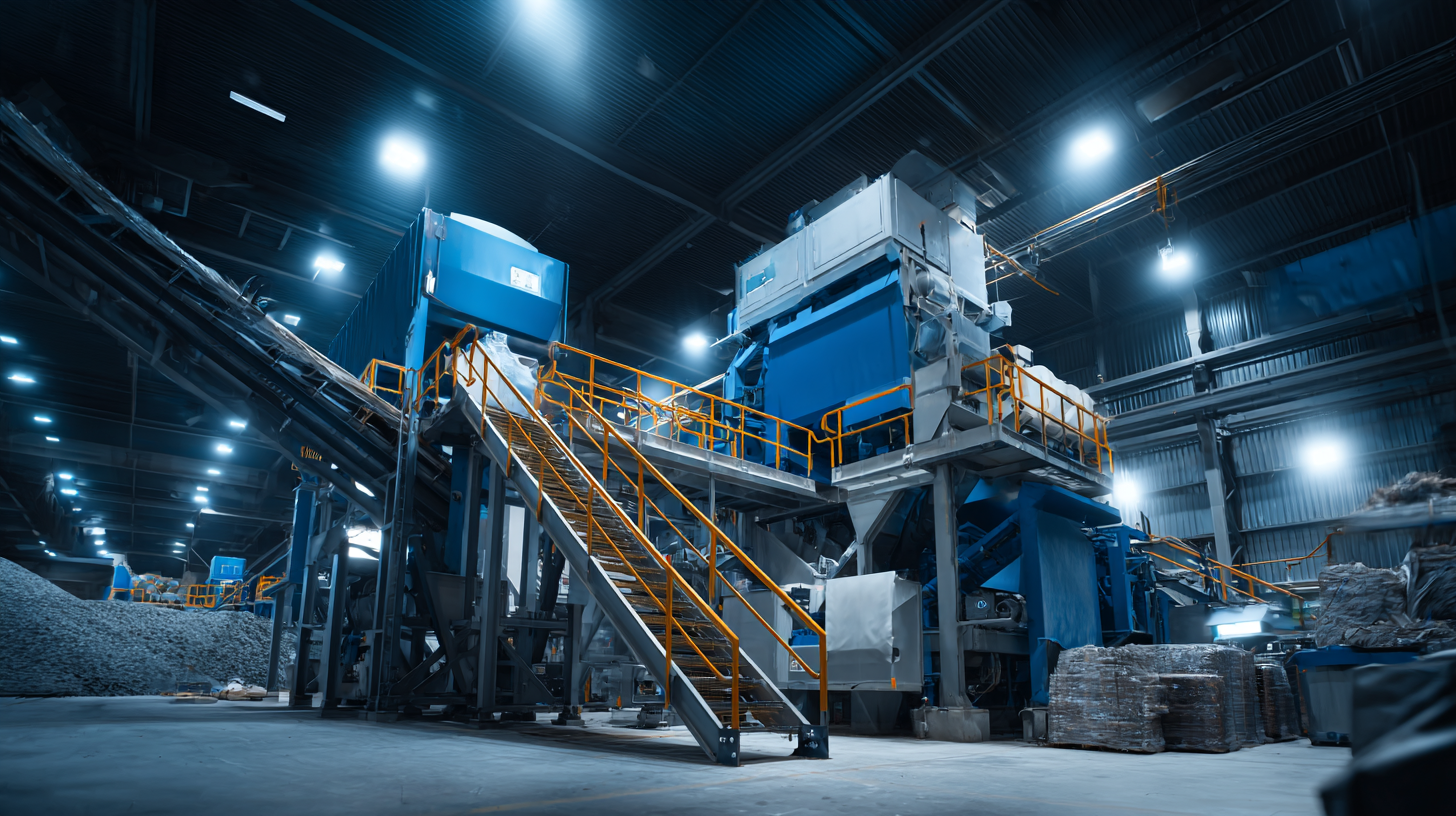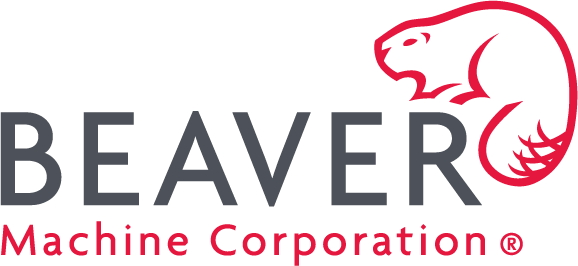Understanding the Role of Bulk Machines in Modern Manufacturing: Efficiency and Innovation Uncovered
In today's rapidly evolving manufacturing landscape, the integration of advanced technologies has become paramount for maintaining competitive advantage. Bulk machines, which are essential for the efficient mass production of goods, play a critical role in this transformation. According to a recent report by the International Federation of Robotics, the installation of industrial robots has increased by 12% annually, signifying a shift towards automation and efficiency that bulk machines epitomize. Furthermore, McKinsey Global Institute states that embracing automation could boost global productivity by 0.8 to 1.4 percent annually. As manufacturers seek to innovate their processes, the use of bulk machines not only enhances output but also minimizes waste, aligning with the principles of sustainable development. This exploration will uncover how bulk machines are not just tools of production, but key drivers of efficiency and innovation in modern manufacturing.

The Evolution of Bulk Machines in Manufacturing Processes
The evolution of bulk machines has significantly shaped modern manufacturing, leading to remarkable gains in efficiency and productivity. In the late 20th century, the industry witnessed the transition from manual processes to automated systems, allowing manufacturers to handle larger volumes of materials with less labor. According to a report by Allied Market Research, the global bulk material handling market is projected to reach $49.53 billion by 2027, reflecting an annual growth rate of 4.7%. This growth underscores the critical role that bulk machines play in streamlining operations and reducing costs.
As technology continues to advance, the integration of artificial intelligence and IoT in bulk machines has transformed traditional practices. This shift not only improves operational efficiency but also enhances predictive maintenance capabilities. A study published by McKinsey found that companies investing in smart manufacturing could see a productivity increase of 20-30% within a few years. Furthermore, the adoption of advanced bulk handling systems has allowed manufacturing facilities to minimize waste and optimize resource utilization, which aligns with the increasing demand for sustainability in production processes. Such innovations are essential for maintaining competitiveness in an ever-evolving market landscape.

Key Features that Enhance Efficiency in Bulk Machines
In the realm of modern manufacturing, bulk machines have emerged as indispensable assets, driving both efficiency and innovation. These machines are designed with several key features that significantly enhance production capabilities. For instance, advanced automation technologies integrated into bulk machines can streamline workflows and minimize human error, leading to a more seamless production process. Additionally, the adaptability of bulk machines allows for the handling of various container sizes, ranging from small batches to large production volumes, which is crucial for meeting diverse market demands.

Moreover, the latest trends highlight the importance of technological advancements in bulk machines. The incorporation of machine learning and data analytics not only optimizes operational performance but also paves the way for predictive maintenance, thus reducing downtime. Reports indicate that companies are increasingly upgrading their bulk bag handling equipment to align with emerging industry standards. These enhancements are not just about maintaining efficiency; they represent a commitment to innovation that keeps companies competitive in an evolving marketplace.
Innovations Driving the Future of Bulk Machine Technology
Bulk machine technology has seen remarkable innovations that are shaping the future of modern manufacturing. According to a recent report by MarketsandMarkets, the bulk material handling market is projected to reach $48.9 billion by 2025, growing at a CAGR of 4.8%. This growth is driven largely by advancements in automation and the integration of high-efficiency systems. Manufacturers are increasingly adopting IoT-enabled bulk machines that provide real-time data analytics, improving operational efficiency and reducing downtime. This shift not only enhances productivity but also aids in sustainability efforts by optimizing resource use.
Tips: To stay ahead in the competitive landscape, manufacturers should invest in training for their personnel on the latest technologies in bulk machine operations. Emphasizing a culture of continuous learning will ensure that teams are equipped to leverage new tools effectively.
Additionally, innovations such as artificial intelligence and machine learning are being integrated into bulk machinery to predict maintenance needs and minimize unexpected failures. As highlighted in a report from PwC, companies implementing predictive maintenance can achieve a reduction in maintenance costs by up to 30%. Adopting such innovations can result in significant long-term savings and operational improvements, positioning companies favorably in the ever-evolving manufacturing sector.
Understanding the Role of Bulk Machines in Modern Manufacturing
Challenges Faced by Bulk Machines in Modern Manufacturing
The integration of bulk machines in modern manufacturing has revolutionized the industry, yet several challenges persist. According to a report from the Association for Manufacturing Technology (AMT), nearly 60% of manufacturers still struggle with machine reliability issues, which can significantly reduce operational efficiency. This is particularly concerning in environments that require constant production cycles, where even minimal downtime can lead to substantial financial losses.
Furthermore, the increasing complexity of machinery and automation technologies has led to difficulties in workforce training and maintenance. A survey conducted by the Manufacturing Institute indicates that 75% of manufacturers report a skills gap within their workforce, which hampers their ability to fully utilize advanced bulk machinery. As the machines become more sophisticated, the demand for skilled technicians capable of handling these innovations continues to rise, signaling an urgent need for investment in training and education within the industry.
The push for sustainability also poses challenges for bulk machines, as manufacturers grapple with integrating eco-friendly practices into their operations. A study by McKinsey & Company revealed that while 80% of manufacturing leaders see sustainability as a top priority, less than half have implemented effective strategies to minimize waste and energy consumption related to bulk processes. Addressing these challenges is crucial for manufacturers aiming to leverage the full potential of bulk machinery while remaining competitive and environmentally responsible.
Understanding the Role of Bulk Machines in Modern Manufacturing: Efficiency and Innovation Uncovered - Challenges Faced by Bulk Machines in Modern Manufacturing
| Dimension | Description | Impact on Efficiency (%) | Innovation Potential | Challenges Faced |
|---|---|---|---|---|
| Automation | Use of technology to perform tasks without human intervention. | 30 | High | Integration with existing systems. |
| Data Analytics | Analysis of data to optimize production processes. | 25 | Medium | Data privacy concerns. |
| Energy Efficiency | Reduction of energy consumption during manufacturing. | 20 | High | High initial investment costs. |
| Maintenance | Routine checks and servicing of machines to prevent breakdowns. | 15 | Medium | Scheduling and costs. |
| Supply Chain Integration | Coordination of production with suppliers and distributors. | 40 | Low | Logistical challenges. |
The Impact of Bulk Machines on Sustainable Manufacturing Practices
In modern manufacturing, bulk machines play a critical role in advancing sustainable practices. The fashion industry, for example, is a major contributor to global greenhouse gas emissions, accounting for 8-10 percent. To mitigate these impacts, innovative processes are being developed, such as the bulk industrial production of sustainable cellulosic printing fabric from agricultural waste. This not only reduces the carbon footprint associated with raw material extraction but also showcases how bulk machines can facilitate eco-friendly solutions in high-quality fabric production.
Additionally, transitioning to sustainable energy sources is essential in reducing reliance on non-renewable resources. The integration of blockchain technology presents opportunities for tracking and managing energy usage efficiently, potentially revolutionizing the energy landscape in manufacturing sectors. Bulk shipping, too, is crucial for fostering sustainability, enabling businesses to optimize their logistics and minimize waste. As industries increasingly embrace sustainable practices, the role of bulk machines becomes even more pivotal, driving efficiency and innovation while addressing environmental challenges.
Related Posts
-

Discover the Future of Home Beverages with the Innovative Soda Stream Machine
-

Transform Your Hydration: Discover the Benefits of Sparkling Water Makers for a Healthier Lifestyle
-

Your Ultimate Guide to Succeeding with the Best Candy Vending Machine Business Worldwide
-

How to Identify a Reliable Supplier for Your Bulk Vending Machine Needs
-

7 Compelling Reasons to Invest in the Best Commercial Gumball Machines for Your Business Growth
-

Exploring Innovative Alternatives to Bulk Vending Machines for Your Business Needs
